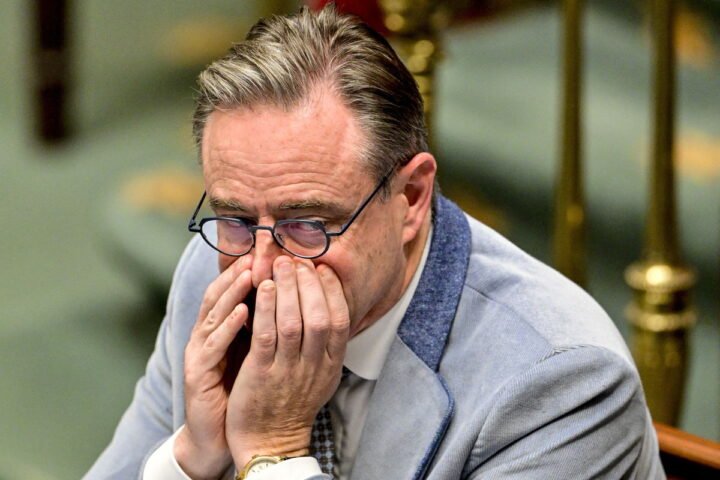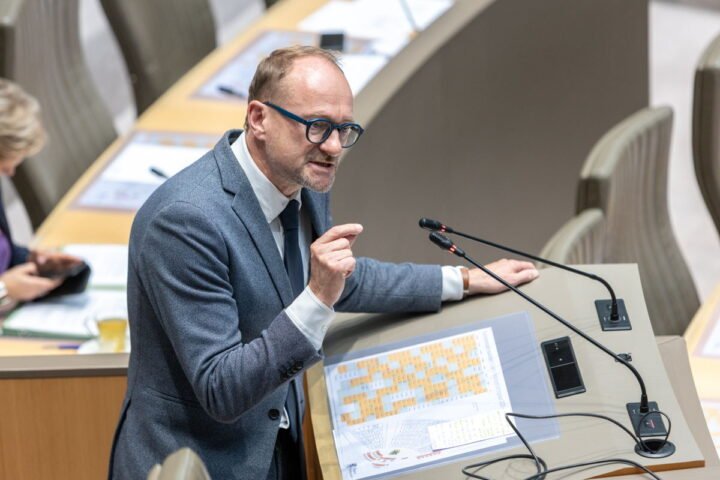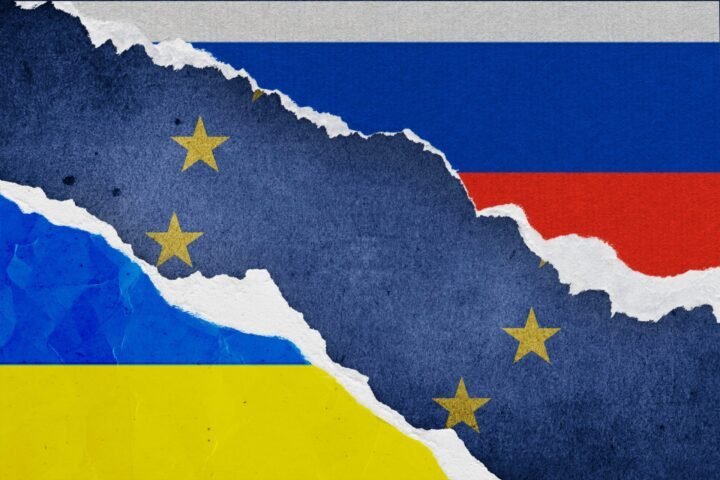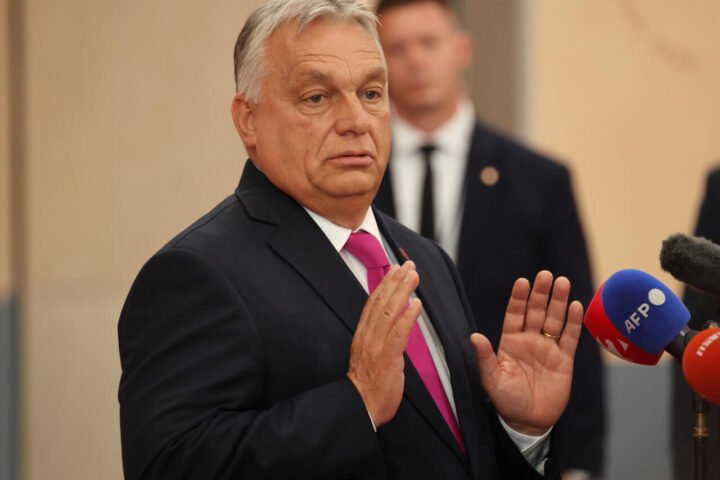Peskov threatens consequences as Moldova aligns with Europe
On October 12, 2025, Kremlin spokesman Dmitry Peskov warned that Moldova would face “nothing good” if it continued its path of distancing itself from Russia in favor of closer ties with Europe. His remarks came in response to Moldova’s newly adopted military strategy, which explicitly labels Russia as the country’s primary security threat.
Peskov, speaking to TASS, accused Moldova’s leadership of making “a serious mistake” by choosing a policy that he claimed antagonizes Russia. Without naming Ukraine, he alluded to previous consequences faced by other countries that had turned towards Europe, stating, “One country has already made this mistake. Nothing good came of it.”
Moldova identifies Russia as primary threat in new defense strategy
Peskov’s comments came just days after the Moldovan government approved its new National Defense Strategy through 2035. The document, endorsed on October 8, outlines key risks to national security, prominently highlighting Russia’s war against Ukraine and the risk of the conflict spilling over into Moldova. The strategy also cites the presence of roughly 1,000 Russian troops in the breakaway region of Transnistria as a threat.
In response to these risks, Chișinău has announced plans to increase its armed forces by one-third and raise defense spending to 1% of GDP. The country will also begin transitioning its military standards to align with NATO.
Political tensions deepen after Moldova’s pro-European election outcome
The Kremlin’s warning follows the victory of the pro-European Party of Action and Solidarity in Moldova’s parliamentary elections on September 28, reinforcing President Maia Sandu’s mandate. Sandu has repeatedly accused Russia of interfering in Moldova’s domestic politics, including attempts to sway the recent vote in favor of pro-Russian forces.
Referring to Moldova’s leadership, Peskov lamented that they had “remained in power” and continued what he called an “unfriendly course” toward Moscow.
Kremlin’s rhetoric mirrors pre-2014 Ukraine strategy
Analysts view Peskov’s statement as part of a broader Kremlin strategy of using intimidation to pressure neighbors pursuing European integration. The language and tone of Moscow’s message mirror the pattern seen with Ukraine in 2013–2014, when Russia attempted to dissuade Kyiv from signing the EU Association Agreement through a mix of threats and coercion.
Moscow’s message to Chișinău signals that Russia is willing to escalate hybrid pressure—political, economic, and informational—against countries it perceives as moving out of its geopolitical orbit. While the Kremlin stops short of threatening direct military action, its warnings serve to undermine regional stability and challenge Moldova’s sovereign policy decisions.
EU implications and the need for strategic alignment
Peskov’s remarks also carry broader implications for the European Union. By targeting Moldova—a country seeking EU membership—Russia is effectively expanding its sphere of pressure to the EU’s eastern frontier. European policymakers are now faced with the challenge of responding not just to military threats in Ukraine, but also to coercive tactics in Moldova and potentially other neighbors.
For Brussels, this underscores the urgency of enhancing support for Moldova’s democratic reforms and security resilience. European assistance—both financial and military—may become a crucial buffer against Russian pressure.
Kremlin rhetoric risks backfiring
If Russia’s experience in Ukraine is any indication, aggressive rhetoric may ultimately strengthen pro-European sentiment rather than weaken it. Peskov’s threats could bolster domestic support for Moldova’s efforts to modernize its military, reinforce democratic institutions, and deepen integration with Euro-Atlantic structures.
For President Sandu and her administration, the Kremlin’s warnings may serve as further justification for accelerating defense reform and building stronger ties with NATO and the EU. Rather than deterring Moldova, Moscow’s pressure could push Chișinău closer to the West.
Domestic messaging and geopolitical narrative-building
Beyond external signaling, Peskov’s statement also serves a domestic propaganda function. By portraying Moldova’s leadership as hostile and Western-aligned, the Kremlin reinforces the narrative of a Russia besieged by unfriendly neighbors. This plays into President Vladimir Putin’s longstanding strategy of mobilizing domestic support through a sense of external threat—particularly as the war in Ukraine drags on and economic pressures mount at home.
In this context, the warning to Moldova is not just a regional signal, but part of a broader campaign to justify the Kremlin’s confrontational foreign policy and consolidate internal political control.










